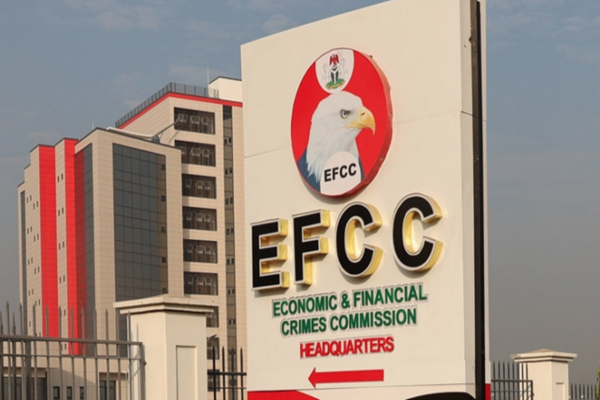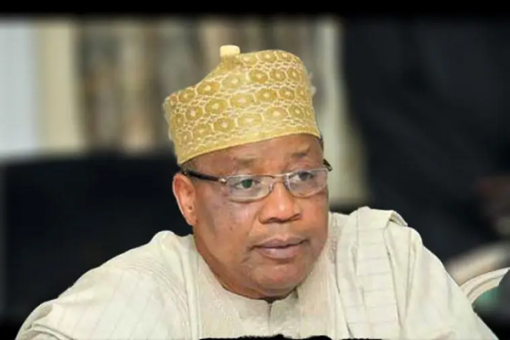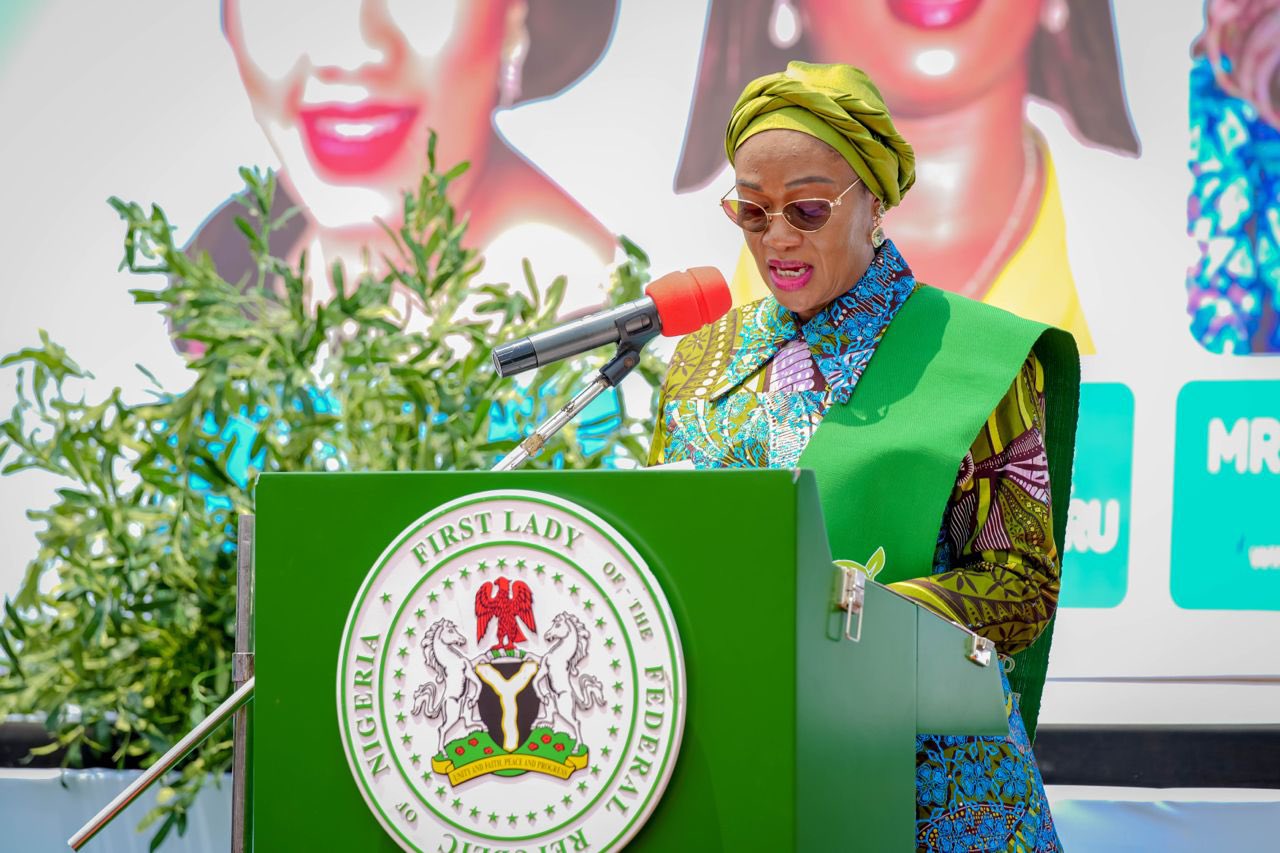A Federal High Court in Abuja has granted the Economic and Financial Crimes Commission (EFCC) permission to freeze 67 bank accounts linked to an alleged N52.9 million fraud.
Justice Emeka Nwite issued the order following an ex-parte motion presented by EFCC counsel Martha Babatunde. The motion, filed under suit number FHC/ABJ/CS/1895/V/2024, sought to freeze the accounts across various financial institutions pending the conclusion of investigations.
Babatunde argued that the accounts contained proceeds of crime and that the order was necessary to prevent the dissipation of funds. Justice Nwite, satisfied with the merit of the application, approved the freeze for 90 days and adjourned the case to March 24, 2025, for mention.
Details of the Case
According to an affidavit deposed by Ikenna Chukwueze, an EFCC investigator, the case stems from a petition received on October 17, 2023. The petition, submitted by Advance Development Services Engineering Limited (ADSEL), alleged internet fraud, conspiracy, and unauthorized withdrawals totaling N52.9 million.
The EFCC's investigation revealed that the petitioner’s corporate naira account at VFD Microfinance Bank was compromised on October 16, 2023, resulting in the transfer of N50 million to an account at Moniepoint Microfinance Bank under the name Heasy Enterprises, owned by one Abubakar Taiwo Oluwajuwon.
Subsequent analysis uncovered further transfers from Oluwajuwon's account to several individuals and entities, including:
- Litano Pro Limited Resources: N19.99 million
- Nwezeocha E-N Enterprises: N11 million
- Chigozie Okpala: N21.44 million
- Chukwudalu Jude Owulu: N10 million
Investigative Findings
The EFCC’s forensic analysis linked these transactions to multiple bank accounts maintained by the suspects. A BVN search revealed a network of accounts held across institutions such as Union Bank, Stanbic IBTC Bank, GTBank, Wema Bank, Zenith Bank, Access Bank, and others.
The EFCC argued that freezing the accounts was critical to preserving the funds while investigations continue.
Implications
This development underscores the EFCC's commitment to tackling financial crimes and safeguarding public funds. The agency will utilize the 90-day window to conclude its investigation and determine further legal actions.



